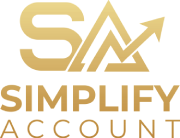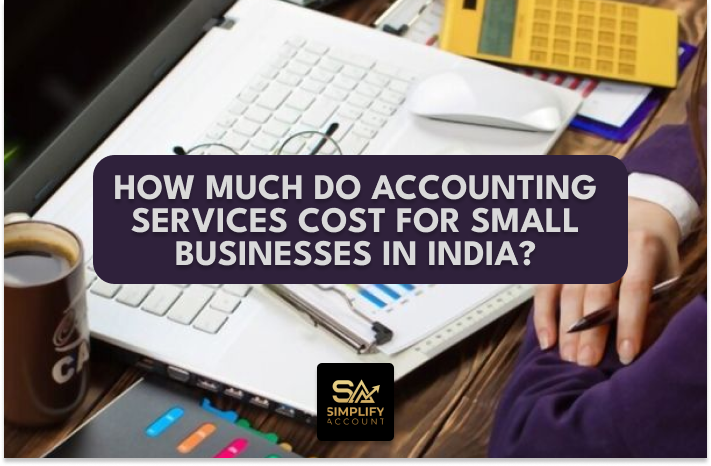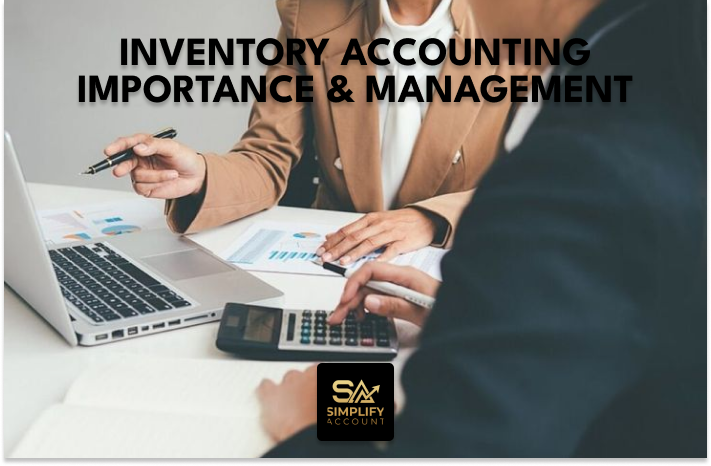
How to avoid debt? Strategies to Avoid Getting into Debt
- If You Can’t Afford It, Don’t Buy It Living within your means is key. Avoid using credit cards for purchases you can’t afford with cash.
- Have a Fallback Emergency Fund Save at least 6 months’ salary for unexpected situations, acting as a safety net against job loss or unforeseen expenses.
- Pay Off Your Credit Card Balances in Full Control spending by settling credit card balances immediately, fostering financial discipline and avoiding long-term debt.
- Cut Out Wants, Focus on Needs Prioritize needs over wants to trim unnecessary expenses, improving your overall financial health.
- Everything is Better with a Budget Utilize budgeting tools like Money Manager for a clear financial overview, helping allocate funds wisely.
- Avoid Credit Card Cash Advances Steer clear of cash advances, as they come with higher APR and fees, indicating financial mismanagement.
- Limit the Number of Credit Cards Managing fewer cards reduces complexity, minimizing overspending and potential debt consolidation needs.
- Master Sheet of Expenses Maintain a monthly expense sheet using tools like Money Manager for a comprehensive overview of your finances.
- In Case of Pay Increases Save extra funds from pay increases instead of increasing your lifestyle, enhancing savings and financial security.
- Collect Coupons to Save Cash Use coupons to reduce expenses, freeing up money for savings and building a cushion against potential debt.
Q&A Section:
- Why is an emergency fund crucial?
Acts as a safety net, preventing reliance on credit in unexpected situations, avoiding debt accumulation. - How does budgeting contribute to avoiding debt?
Helps track expenses, allocate funds wisely, and identify areas for potential savings, reducing the risk of debt. - Why limit the number of credit cards?
Reduces complexity, minimizes overspending, and lowers the risk of debt consolidation needs.
Tips to Avoid Debt Wisely
- Build an Emergency Fund Firstly, save 3-6 months’ essential expenses, preventing reliance on credit cards during unexpected situations.
- Choose a Spending Plan Secondly, allocate income effectively using plans like 50/30/20, ensuring consistent spending below earnings.
- Stick to a Savings Routine Automate savings for emergencies and long-term goals, thus avoiding unnecessary spending and potential debt.
- Pay Your Full Credit Card Bill Each Month Treat your credit card like a debit card, avoiding interest charges and maintaining a low credit utilization ratio.
- Only Borrow What You Need Opt for smaller loans, making substantial down payments to not only reduce monthly payments but also financial strain.
- Keep Your Credit Score Strong Maintain a strong credit score for better terms, lower interest rates, and overall manageable monthly payments.
The Power of Keeping Debt in Check: Avoiding debt doesn’t mean relying solely on cash. Therefore, utilize financial products responsibly for rewards and lasting debt freedom.
Q&A Section:
- How does an emergency fund help avoid debt?
Acts as a financial cushion, subsequently covering unexpected expenses without resorting to credit cards. - Why treat a credit card like a debit card?
Ensures purchases align with available funds, thus preventing interest accrual and maintaining a low credit utilization ratio. - How can a strong credit score impact debt management?
Leads to not only better loan terms, lower interest rates, but also more manageable monthly payments.
Avoiding the Debt Trap
- Identify and Prioritize Your Debts Firstly, categorize debts into good (revenue-generating) and bad (non-revenue-generating) to understand and manage them effectively.
- Analyze and Strategize Secondly, conduct a detailed analysis of your financial situation, differentiating between controllable and uncontrollable factors, and develop a viable plan.
- Prioritize Your Financial Needs Distinguish between essential, semi-essential, and non-essential expenses, thus minimizing spending on non-essentials for lasting financial well-being.
- Behavioral Changes for Cost Reduction Implement behavioral changes to reduce costs, developing a monthly expenditure plan for sustainable savings and debt repayment.
- Explore Debt Consolidation Simplify repayment by consolidating debts under one manageable loan, breaking free from the complexities of multiple loans.
- Building an Emergency Fund Cultivate the habit of building an emergency fund for financial stability during unexpected expenses.
Conclusion: Maintaining control over finances is crucial for achieving lasting financial freedom. Thus regularly track income and expenses, and use loans strategically for your financial goals. Timely repayment shields you from high-interest rates, paving the way to financial well-being.
Q&A Section:
- How do I differentiate between good and bad debts?
Categorize based on revenue-generating (good debts) and non-revenue-generating assets (bad debts).
Want to know more? Click here. - How can debt consolidation help in avoiding a debt trap?
Simplifies repayment, indeed helps manage debts more effectively and break free from the debt trap.


